Well, we're getting ready to head to Italy in a couple of hours. We're very excited!
I miss everyone already, even though it's only been a couple of weeks since this whole sabbatical thing started. So, I thought I'd check in to let you know how we're doing and to begin thinking with you about the craft of storytelling. Part of the purpose of the sabbatical, for me and for you, is to think more intentionally about the story we tell ourselves about ourselves. We've had a great deal of change over the past 7 1/2 years, and we need to tell ourselves a story about what all that change means, why it happened, where were we headed without the changes, and what (if anything) ties those changes together into a coherent narrative.
I've gone into some detail about the kinds of changes we've experienced, but now we need to start thinking about how we want to structure the plot of the story. And as you might expect from an Aristotelian, I suggest we start with Aristotle—which is not nearly as parochial a decision on my part as you might imagine. Turns out that Aristotle actually set down the model for plot (mythos) and plot structure that is still in use today in his seminal book, the Poetics:
As to that poetic imitation which is narrative in form and employs a single metre, the plot manifestly ought, as in a tragedy, to be constructed on dramatic principles. It should have for its subject a single action, whole and complete, with a beginning, a middle, and an end. It will thus resemble a living organism in all its unity, and produce the pleasure proper to it. It will differ in structure from historical compositions, which of necessity present not a single action, but a single period, and all that happened with that period to one person or to many, little connected together as the events may be (1459a17-25).
Notice that Aristotle understands narrative plot to be different from "historical composition," because history is (at least according to Aristotle) first concerned with getting all the facts (as we understand them) put down in the order in which they occurred. On this reading, history is the listing of discrete episodes within a given period of time, concerning a specific person or group of persons—that is, sort of like making a list of all the stuff that has happened to DBCC over the past 7 1/2 years—which, I would argue, is fairly easy to do. All you need for historical compositions (at least the way Aristotle describes them) are people who know what happened and when. But plot requires something more.
Like what?
It needs to provide answers to the question, "Why did those things happen?"
One of the virtues of telling DBCC's story as a story instead of as a historical composition is that stories can be told and retold by just about anyone. Historical compositions, on the other hand, require their chroniclers to know all the facts. Congregations rarely have anyone who knows all the facts about what has happened over a given period of time, and even fewer people dedicated to making certain all the details are preserved.
But in a story, the facts (though not unimportant) serve the story, rather than existing as unconnected nuggets of experience. That is not to say that in telling a story we necessarily change the facts to suit the plot we're trying to develop. What it means is that it is possible to recount the plot of a story by almost anyone, regardless of whether or not that person knows all the "facts" of the history. This ability to "tell the story" of a congregation is important because it gives everyone an opportunity to participate in the most communal activity: storytelling, not just the people who were involved. New people, people who haven't figured quite how to contribute to the story yet, as well as people who just don't recall all the "facts" of the story, can at least give a brief recitation of the plot. Even people who don't know all of the events of Homer's Odyssey, for example, can often give a basic summary of the plot: Odysseus wants to go home to his wife, but he keeps running into trouble that prevents him from getting there.
Yes, such a plot summary is simple, but it easy to tell. And the fact that it's easy to tell is an important part of being a member of the community. In religion, for example, that's one of the most significant functions of myth. Myths provide access to a storied community, access to which community is severely limited if you don't have at least a basic understanding of the story. All communities have stories that bind them together. But until people have been around long enough to know all the stories, they need a shorthand version of the broader story to feel like they belong.
Another virtue of telling DBCC's story as a story, instead of as a historical composition, is that because stories are plotted along a trajectory, you can project that plot into the future. That is to say, having seen not only where we've come from but why we've arrived at where we are, we have a much better opportunity to think more intentionally about how that story will take shape heading into the future. Having a grasp of the story as story, in other words, helps us to know with greater fidelity what we might be situated to do next, and helps to give us more objective (i.e., mission/vision-driven) criteria by which to determine whether a new initiative aligns with our story.
Ok. Enough with the egghead stuff. (Well, maybe just a little more, but not much.)
One of the first things we need to start identifying, if we're plotting our story is the backbone of the plot: conflict. Of course, I realize that the the word conflict has some bad resonances when you're talking to people who've been in church any length of time. But when I say conflict in this context, what I'm talking about is much more comprehensive than listing the fights the church has had, much more "meta."
What do I mean?
One way of thinking about conflict in plot is: Desire meets Obstacle.
In stories that we all know the Desire might be to get the boy/girl, to save the world, to hold the family together, to survive a catastrophe, to reconcile after a bad dispute, to become a hero, etc. Desire in this sense is the thing that motivates the characters of the story as they move through the plot.
Obstacles, on the other hand, are those things that stand between the character and that which the character desires: the ticking time bomb, the evil villain, her penchant for self-destruction, a horrible spouse/boss/parent, his own weakness or the weakness of someone he loves, etc. Obstacle in this sense is the thing that provides tension (i.e., the part that makes the story feel interesting to us) as the desire is thwarted.
The story flows from the repeated clash of Desire and Obstacle. Plug in Desire and Obstacle to your own favorite novel or movie, and see if it doesn't work.
In the case of DBCC, our job in writing our story is first to identify our Desire (What do we want passionately? What drives us? What makes our actions intelligible as motivation?). Then we need to identify the Obstacle that has tended to get in the way of/thwart our Desire (What scares us? What do we spend the most time trying to solve? Are there particular times when the Obstacle is more pressing?).
So, that's what we want to start thinking about: What is DBCC's Desire, and what is the Obstacle it keeps running into?
I'll be thinking about this along with you. Email me with your ideas. But if I don't get back to you right away, don't worry . . . I'm in Italy.
;)
Love,
Derek


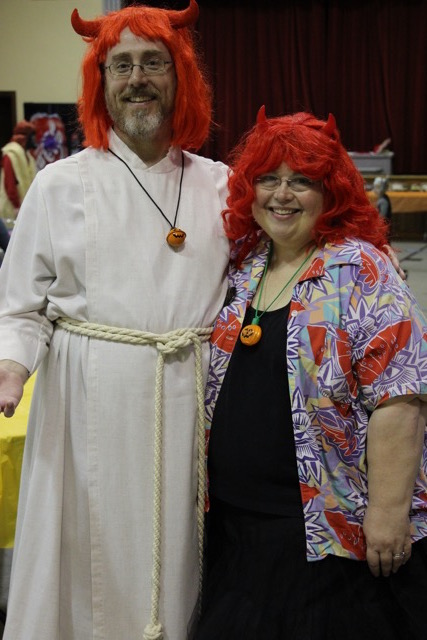

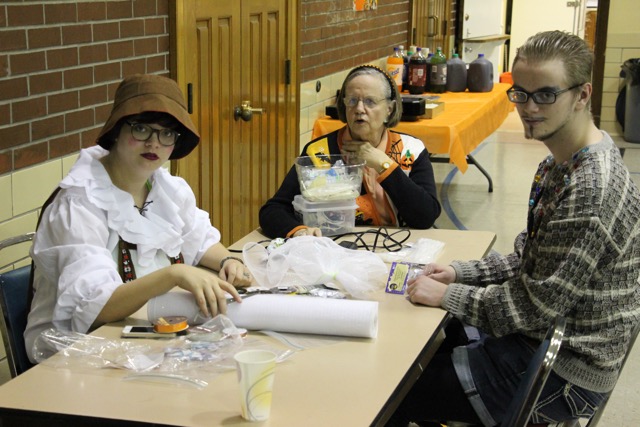
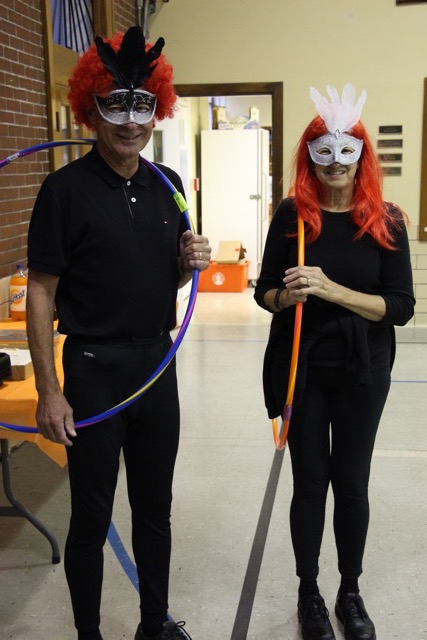
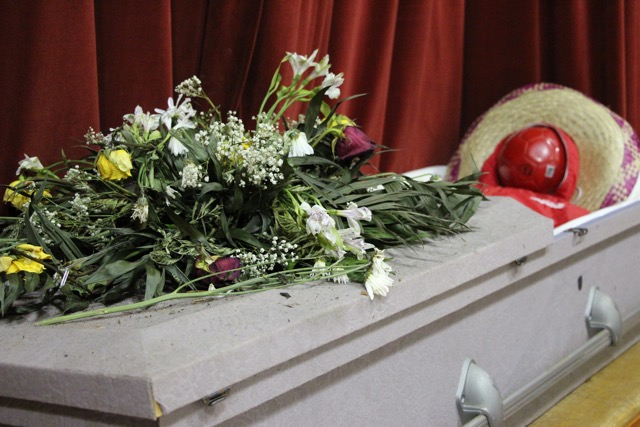
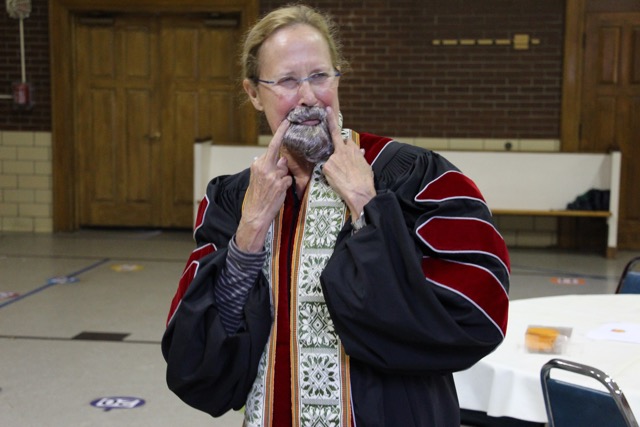
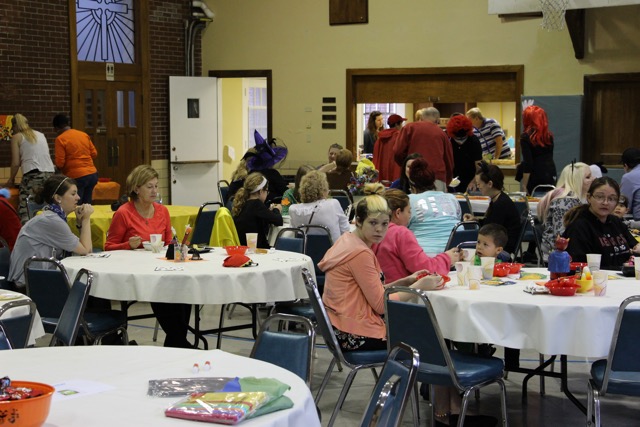
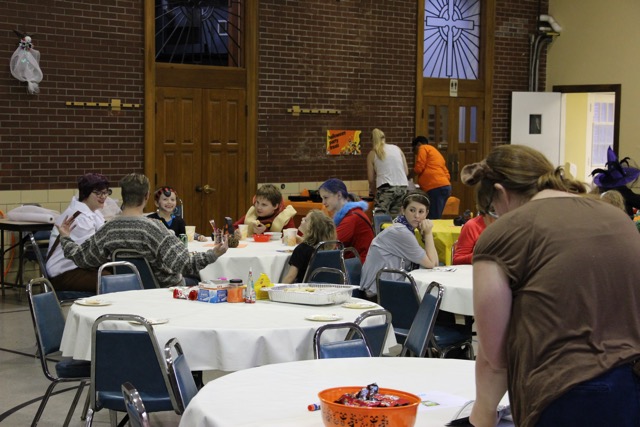
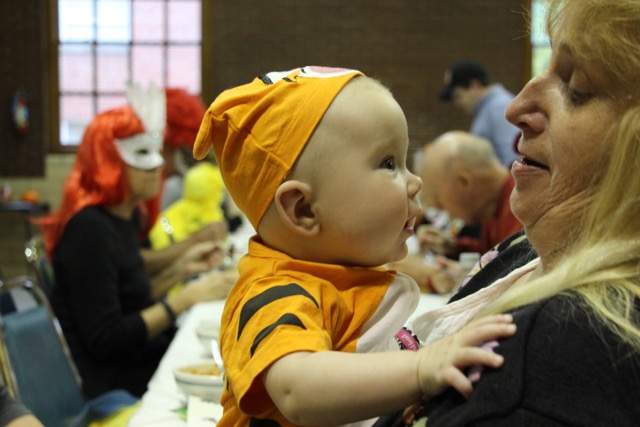
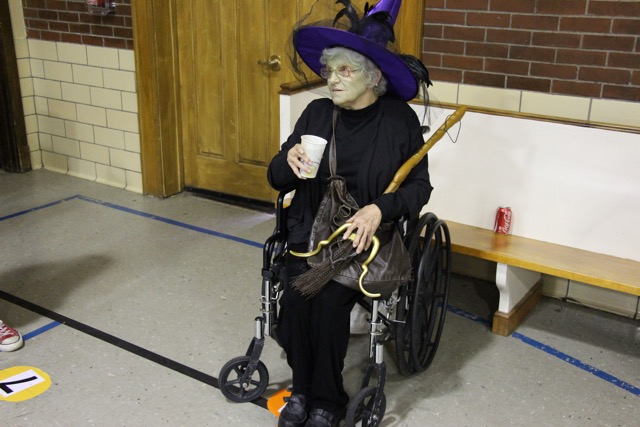
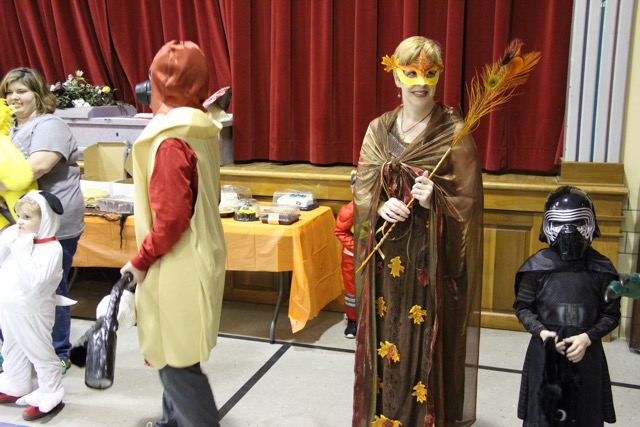
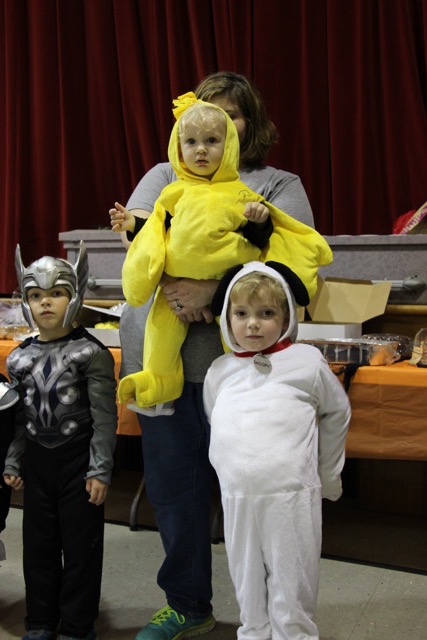
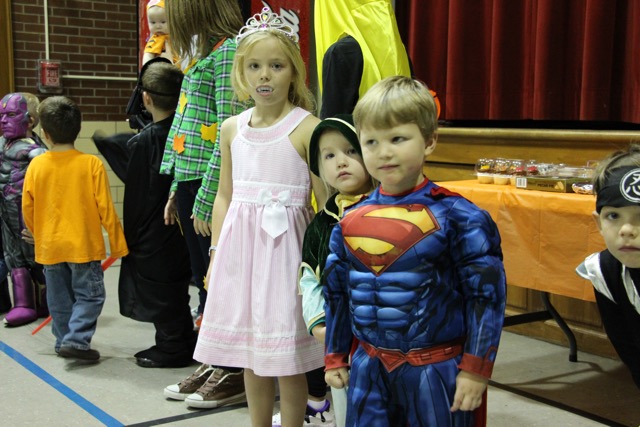
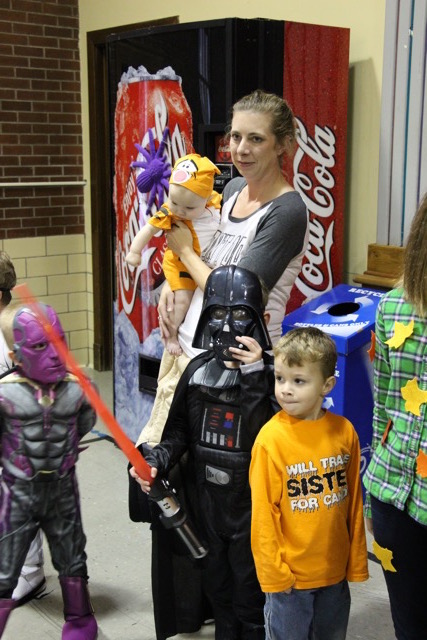
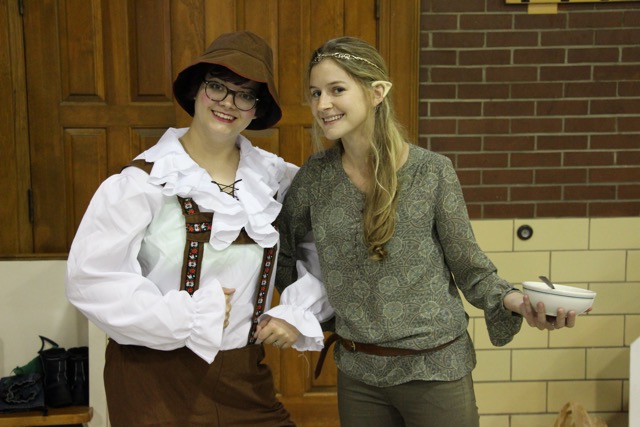

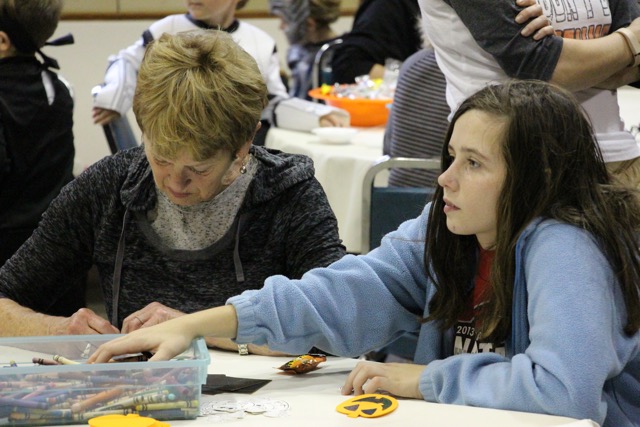
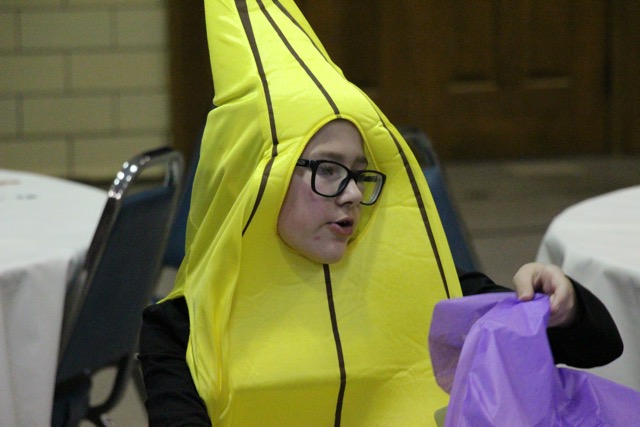
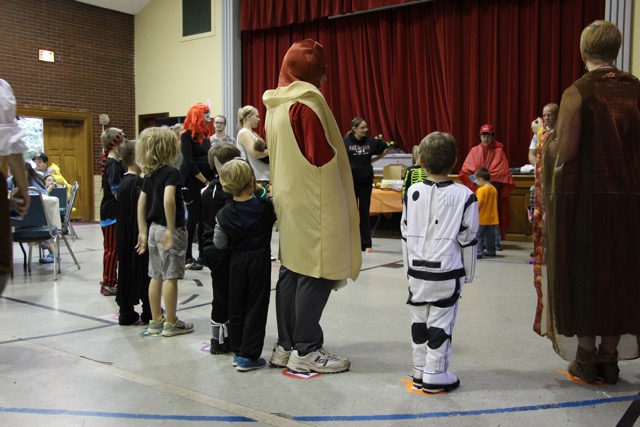




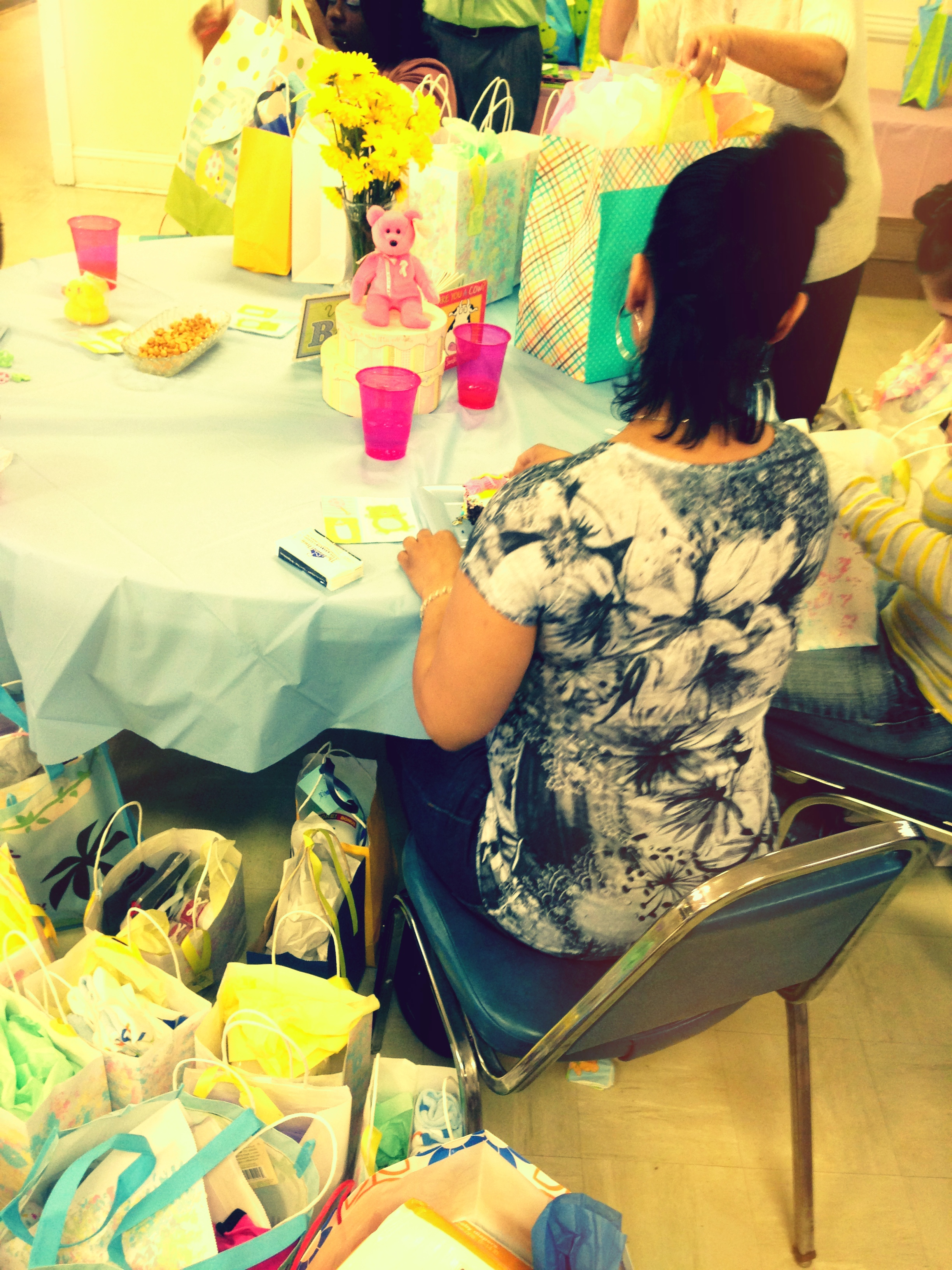


 I’m a minister. Which is to say, I work as a minister in a church. Historically, I’ve found myself reluctant to offer that bit of information in casual conversation, not because ministry occupies a position inherently more shameful than a host of other vocational options, but because when people find out that I’m a minister they either want me to answer their questions about I watch TBN, or they want to impart some theological nugget they’ve mined from The Prayer of Jabez or The Left Behind series. Please don’t misunderstand—I like questions. In fact I entered the ministry because of some of the questions I had about life and its ultimate meaning. My problem lies not in questions in themselves, but in questions about whether or not I believe that the World Council of Churches, Democratic politicians, and certain cartoon characters on prime time television form a shady cabal intent on ushering in the anti-Christ and a one-world government—complete with standard issue UPC codes emblazoned on everyone’s forehead, or whether I’ve finally come to my senses and realized that mega-churches are the goal of God’s reign here on earth.
I’m a minister. Which is to say, I work as a minister in a church. Historically, I’ve found myself reluctant to offer that bit of information in casual conversation, not because ministry occupies a position inherently more shameful than a host of other vocational options, but because when people find out that I’m a minister they either want me to answer their questions about I watch TBN, or they want to impart some theological nugget they’ve mined from The Prayer of Jabez or The Left Behind series. Please don’t misunderstand—I like questions. In fact I entered the ministry because of some of the questions I had about life and its ultimate meaning. My problem lies not in questions in themselves, but in questions about whether or not I believe that the World Council of Churches, Democratic politicians, and certain cartoon characters on prime time television form a shady cabal intent on ushering in the anti-Christ and a one-world government—complete with standard issue UPC codes emblazoned on everyone’s forehead, or whether I’ve finally come to my senses and realized that mega-churches are the goal of God’s reign here on earth.